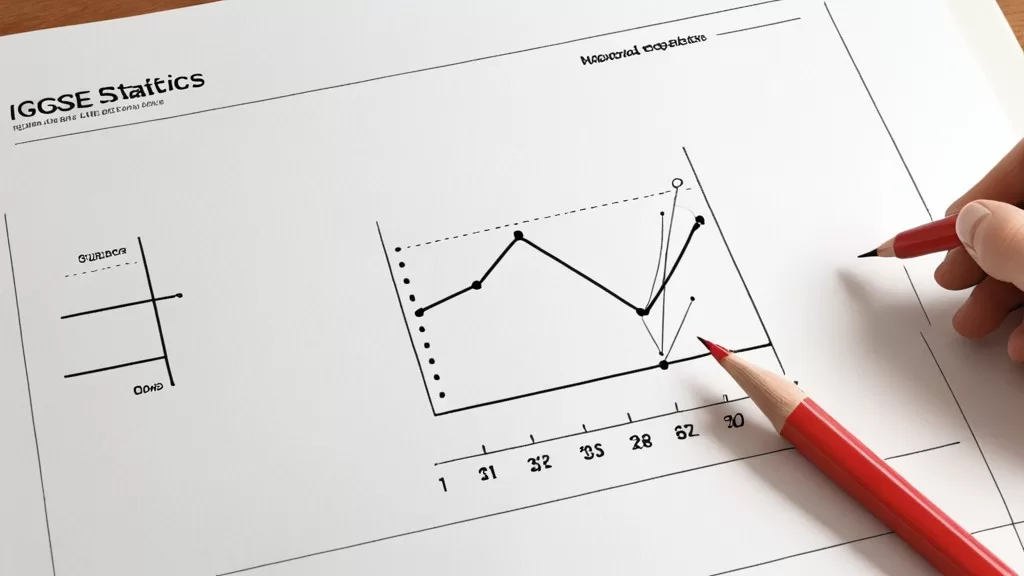Understanding IGCSE and GCSE
Table of Contents
What is IGCSE?
The International General Certificate of Secondary Education (IGCSE) is a globally recognized qualification for students typically aged 14 to 16. Developed by the University of Cambridge and other examination boards, the IGCSE offers a broad curriculum and flexible courses that cater to international students across various countries.
Key features of the IGCSE:
- Internationally Focused: The curriculum is designed with an international perspective, making it adaptable to students from different cultural and educational backgrounds.
- Subject Variety: Students can choose from a wide range of subjects, including sciences, languages, humanities, and creative disciplines.
- Assessment Flexibility: Depending on the subject, students are assessed through exams, coursework, or a combination of both. This approach gives learners various ways to showcase their strengths.
- Tiered Difficulty Levels: Many subjects offer a Core and Extended curriculum, allowing students to take exams based on their ability level.
The IGCSE is a popular choice among international schools and is recognized by universities and employers worldwide.
What is GCSE?
The General Certificate of Secondary Education (GCSE) is the UK’s national qualification for students aged 14 to 16. It is regulated by the UK government and is widely taken by students across England, Wales, Northern Ireland, and some parts of the British Isles.
Key features of the GCSE:
- National Curriculum: The GCSE curriculum is aligned with the UK’s education standards and focuses on academic rigor within a national framework.
- Subject Choices: Students typically take a combination of core subjects (like English, Maths, and Science) along with elective subjects such as History, Geography, or Art.
- Exams and Coursework: GCSE assessments usually involve written exams, with some subjects incorporating coursework, practical exams, or controlled assessments.
- Grading System: Since 2017, GCSEs have shifted to a numerical grading system (9-1), replacing the old A*-G grades, with 9 being the highest grade.
IGCSE vs. GCSE: What’s the Difference? Understanding IGCSE and GCSE
While both qualifications are respected and valued around the world, there are a few key differences between the IGCSE and GCSE:
- International vs. National Focus: Understanding IGCSE and GCSE
- The IGCSE is designed to meet the needs of international students and can be tailored for different cultural contexts, while the GCSE is based on the UK national curriculum.
- Exams and Coursework: Understanding IGCSE and GCSE
- The IGCSE often provides more flexibility in assessment methods, including coursework options, while the GCSE traditionally relies on exams at the end of the course.
- Grading Systems:
- IGCSE uses a letter-based grading system (A* to G), while the GCSE in the UK has moved to a numerical system (9-1).
- Core and Extended Levels: Understanding IGCSE and GCSE
- The IGCSE offers tiered levels (Core and Extended), allowing students to choose difficulty levels based on their aptitude. The GCSE, however, follows a more unified assessment format, though some subjects may offer foundation and higher-tier papers.
Which One is Right for You? Understanding IGCSE and GCSE
- IGCSE is often the preferred choice for students studying outside the UK or those planning to apply to international universities.
- GCSE is ideal for students within the UK, particularly those aiming to continue their education within the British education system.
Both qualifications open doors to further education, including A Levels, International Baccalaureate (IB), and university admissions. Your choice between IGCSE and GCSE depends on your long-term academic goals, location, and learning style.






No comment